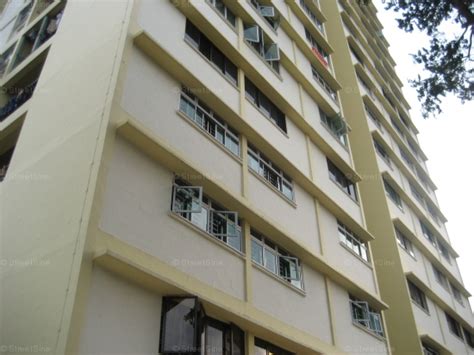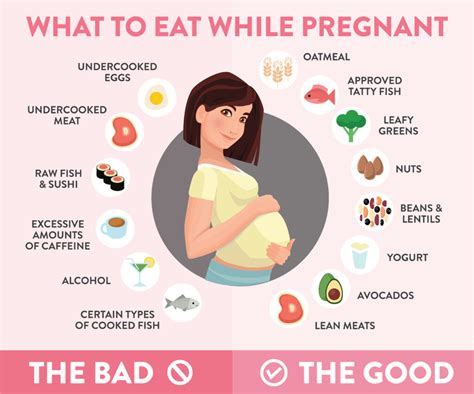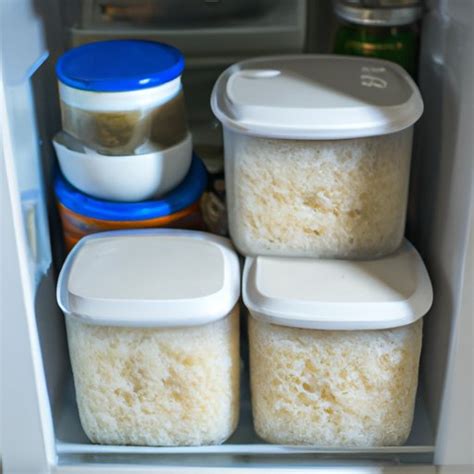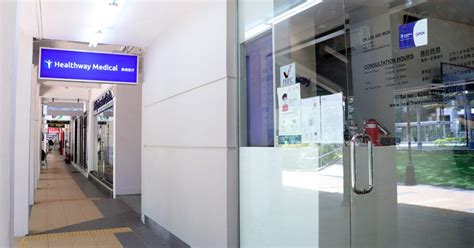Introduction
High blood pressure, also known as hypertension, is a common medical condition that can lead to serious health complications if left untreated. It is estimated that over 100 million adults in the United States have high blood pressure, and the prevalence is increasing.

Risk Factors for High Blood Pressure
There are several risk factors that can increase your chances of developing high blood pressure, including:
- Age: The risk of high blood pressure increases with age.
- Family history: If you have a family history of high blood pressure, you are at an increased risk of developing the condition.
- Race: African Americans are at an increased risk of high blood pressure.
- Obesity: Being overweight or obese increases your risk of high blood pressure.
- Physical inactivity: People who are physically inactive are at an increased risk of high blood pressure.
- Smoking: Smoking cigarettes increases your risk of high blood pressure.
- Excessive alcohol intake: Drinking too much alcohol can increase your risk of high blood pressure.
- Stress: Chronic stress can increase your risk of high blood pressure.
Symptoms of High Blood Pressure
Most people with high blood pressure do not experience any symptoms. However, some people may experience:
- Headaches
- Fatigue
- Dizziness
- Blurred vision
- Chest pain
- Shortness of breath
Complications of High Blood Pressure
If left untreated, high blood pressure can lead to serious health complications, including:
- Heart disease
- Stroke
- Kidney disease
- Eye damage
- Sexual dysfunction
How to Lower High Blood Pressure
There are a number of lifestyle changes you can make to lower your blood pressure, including:
- Losing weight if you are overweight or obese.
- Getting regular exercise. Aim for at least 30 minutes of moderate-intensity exercise most days of the week.
- Eating a healthy diet. A healthy diet includes plenty of fruits, vegetables, and whole grains. It also limits sodium, saturated fat, and cholesterol.
- Limiting alcohol intake. Men should drink no more than two drinks per day, and women should drink no more than one drink per day.
- Quitting smoking. Smoking cigarettes increases your risk of high blood pressure and other health problems.
- Managing stress. Chronic stress can increase your blood pressure. Find healthy ways to manage stress, such as exercise, yoga, or meditation.
Medication for High Blood Pressure
If lifestyle changes are not enough to lower your blood pressure, your doctor may prescribe medication. There are a number of different types of blood pressure medications available, and your doctor will choose the best one for you based on your individual needs.
Conclusion
High blood pressure is a common medical condition that can lead to serious health complications if left untreated. However, there are a number of lifestyle changes you can make to lower your blood pressure and reduce your risk of these complications. If you have high blood pressure, talk to your doctor about the best way to manage your condition.
Additional Tips
In addition to the lifestyle changes and medications mentioned above, here are a few other tips that may help you lower your blood pressure:
- Avoid secondhand smoke.
- Get enough sleep.
- Eat potassium-rich foods.
- Reduce your caffeine intake.
- Take a warm bath.
- Listen to calming music.












